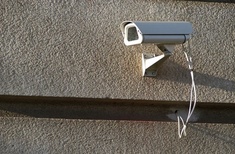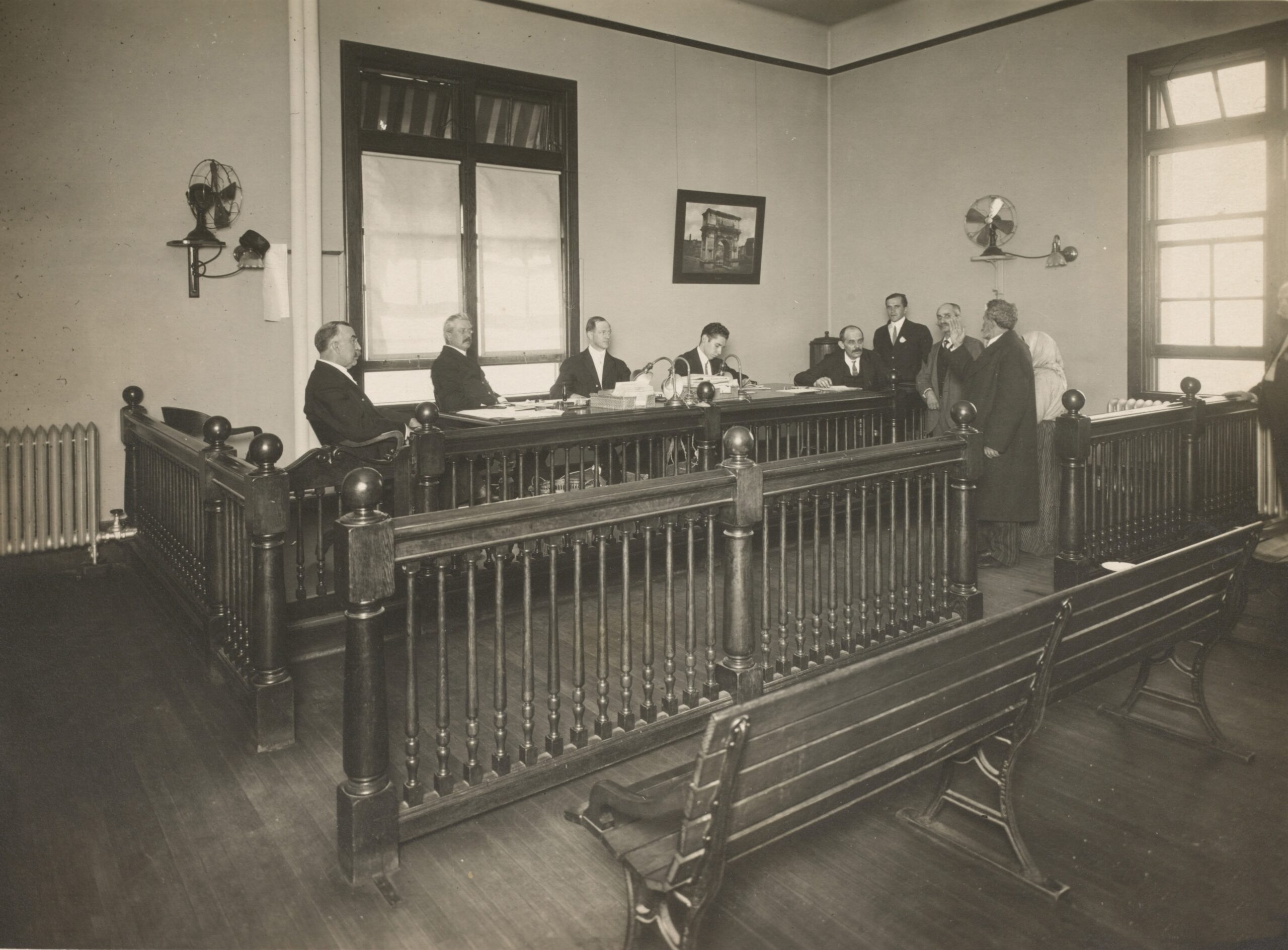It’s a Saturday night and you get picked up by some of your friends. You have no idea that they were involved in a robbery just 20 minutes earlier. A few minutes later, police pull the vehicle over and you are arrested in connection with the robbery even though you are unaware it took place.
This would be very frustrating for you, especially if the cops have access to video surveillance footage that proves your innocence. Luckily, a skilled attorney may be able to prove to the court that law enforcement did not make an effort to preserve evidence in your case and the charges against you could be dropped, as proved by a recent Court of Appeals case.
Police Fail to Obtain Video Evidence in Robbery Case (People v. Alvarez)
In 2012, Jose C. was leaving Downtown Fullerton when he was robbed of his gold chain. He followed the alleged robbers until he could flag down a police officer along the route. Law enforcement stopped the men, identified as Daniel Alvarez, Jr., Michael Cisneros and Juan Renteria. Jose C. confirmed Renteria robbed the chain while Alvarez and Cisneros backed him up.

The gold chain was recovered about 50 feet away from the area. Cisneros insisted he had nothing to do with the robbery and asked the senior officer on the scene to check any security footage available. The officer said there were no cameras in that location. All three men were convicted of violating California Penal Code Section 211 and 212.5. However, the officer was wrong about the video cameras.
According to court records, a security camera was set up in the parking lot where the robbery took place. Footage from the camera system typically was saved for two to two-and-a-half weeks. Officers could request to view the footage by phone or email, but law enforcement officials failed to do so in this case.
What Did the Court Decide?
On appeal, the court dismissed the case of Alvarez and Cisneros because the police and prosecution failed to preserve evidence that had the potential to prove their innocence. Because Renteria was convicted of committing the actual act of robbing the chain, his conviction was affirmed.
The court concluded that the police had committed a violation of the defendants’ constitutional rights when they failed to disclose potentially exculpatory evidence. The Fullerton police were aware of the potential usefulness of the footage and the policies regarding the security cameras, but still did nothing. This means that they acted in bad faith and Alvarez and Cisneros were not given due process.
What Does the Decision Mean for You?
The court’s decision protects your right to due process in a criminal case and your presumption of innocence until proven guilty. If there is any potential evidence, the police and prosecution are required to make an effort to obtain that evidence so that it can be shared with your attorney.
What do you think of the court’s decision? Should the police have made an effort to recover any video footage? Do you think law enforcement would have made an attempt to obtain the footage if they knew it would prove the men guilty? Please share your thoughts in the comments section below.



